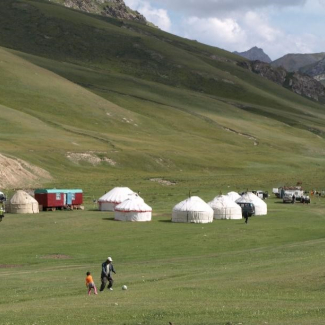
Why has our energy expenditure declined ?
Obesity is a major health problem, especially in the Western world, raising a persistent question: is the rise in obesity due to our increased food consumption or decreased energy expenditure? In an attempt to formulate an answer, a group of internationally renowned scientists led by Professor John Speakman of the University of Aberdeen in England—and involving CNRS researcher Stéphane Blanc from the Hubert Curien Pluridisciplinary Institute (CNRS/Université de Strasbourg)— created a international database of around 4,000 measurements of total energy expenditure measured in free living conditions among adults in Europe and the United States. According to the study, total energy expenditure has decreased since the early 1990s—approximately by 7.7% in men and 5.4% in women — in the mean time the expenditure linked to activity has slightly increased. This decline is due to a reduction in the energy spent while at rest ie the resting energy expenditure. One potential explanation is connected to changes in our diet. Prof. Speakman’s team indeed showed that the fat composition of mice food affected their metabolism, and may led to decreased energy expenditure when at rest. This observation must now be confirmed in humans. Nature Metabolism on 26 April 2023.
Total daily energy expenditure has declined over the last 3 decades due to declining basal expenditure not reduced activity expenditure. John R. Speakman et al. Nature metabolism, 26 April 2023


